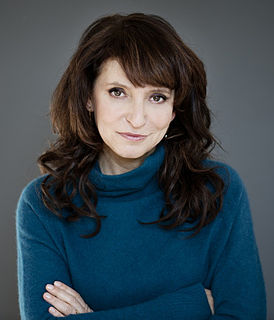A Quote by Brandon Webb
The terrorists' only rules? That there are no rules, and this gives them a major advantage.
Related Quotes
It is paltry philosophy if in the old-fashioned way one lays down rules and principles in total disregard of moral values . As soon as these appear one regards them as exceptions, which gives them a certain scientific status, and thus makes them into rules. Or again one may appeal to genius , which is above all rules; which amounts to admitting that rules are not only made for idiots , but are idiotic in themselves.
Rules about public sanitation are a simple and familiar example. Without them, a city can't be a healthy place to live; but these rules don't just happen. The rules for a city are different from the ones for a village, but as a village slowly gets bigger, a city may be stuck with the rules of the village.
There are comedic rules and formulae and, while these tenets should be respected, especially by a newcomer, perversely you can still succeed by openly contradicting them. Because comedy is about breaking the rules. Even its own rules. Though, as with many disciplines, it is wise to master the basics before you attempt to subvert them.
I always say that you could publish trading rules in the newspaper and no one would follow them. The key is consistency and discipline. Almost anybody can make up a list of rules that are 80 percent as good as what we taught people. What they couldn’t do is give them the confidence to stick to those rules even when things are going bad.
I have a slight controversy with the Dogme brethren because I've been saying that rules are to be interpreted; not that I haven't followed the rules, because I don't see the point of submitting yourself to a set of rules if you don't follow them. But having said that, it is always a lot of interpretation.






































